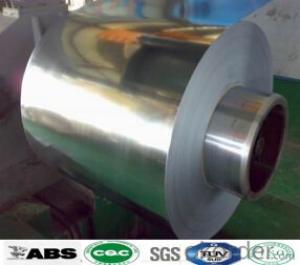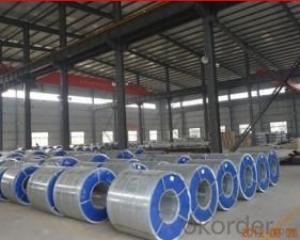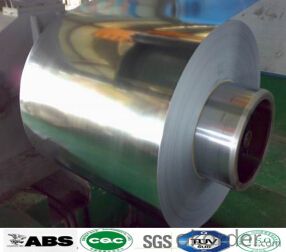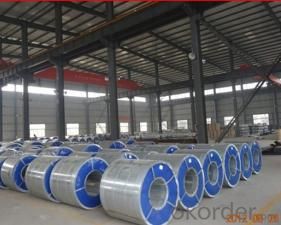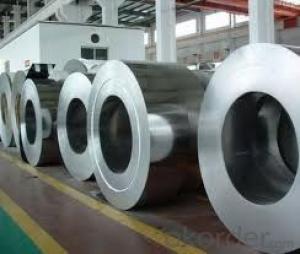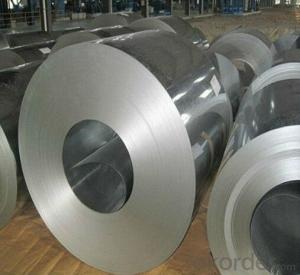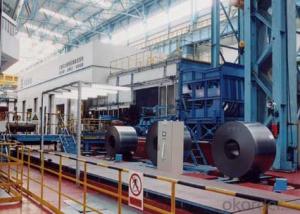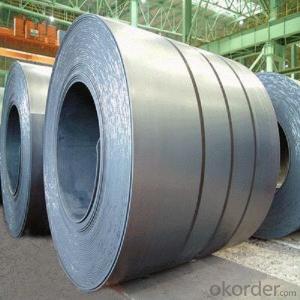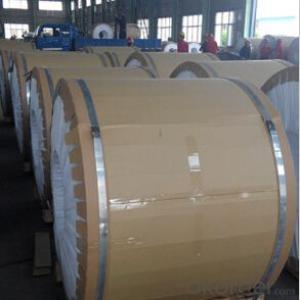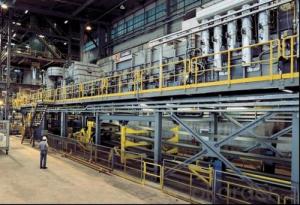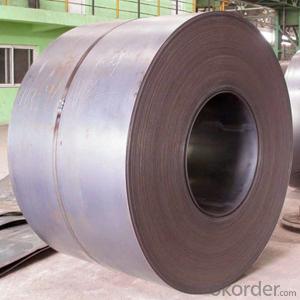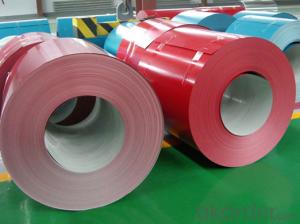Hot Rolled Steel Coil (1250.1500.1800 mm)
- Loading Port:
- Tianjin
- Payment Terms:
- TT OR LC
- Min Order Qty:
- 25 m.t.
- Supply Capability:
- 10000 m.t./month
OKorder Service Pledge
OKorder Financial Service
You Might Also Like
Basic Info.
Model NO.:Wefsun
Surface Treatment:Coated
Certification:SGS
Technique:Hot Rolled
Standard:GB
Application:Ship Plate
Edge:Mill
Stock:Stock
Steel Grade:Q195
Product Name:Hot Rolled Steel Coil
Width:1000.1250mm
Export Markets:South America, Southeast Asia, Africa, Oceania, Eastern Asia
Additional Info.
Trademark:Wefsun
Packing:Standard Export Seaworthy Packing
Standard:SGS, ISO BV
Origin:China
HS Code:72168500
Production Capacity
Product Description
1>Product Name:Hot Rolled Coil
2>ASTM,AISI,DIN,JIS,EN
3>Surface:BA,2B,No.1,No.4
4>Thickness:0.1-50mm
5>Width:1m,1.22m,1.5m or others
6>We have professional and strictly producing control system on hot rolled coil as below:
7 Before Formed Coil :
Assurance of compliance
Review of Sub-vendor ; quality plan ;
Review of samples certification (MTC)
Chemical analysis
Tension &Mechanical tests
8 Features:
Q195~Q345 hot rolled plate has low chemical composition and high-intensity, i.e. C and Mn content lower than that of all similar products at the same intensity level in China, high-performance products can be produced with low chemical composition. The specific hot-rolled process as per carbon equivalent will help improve the precision of product size and bring about high hit rate. Goods can be delivered as steel plates, steel coils and slitting strips to meet different needs of users.
- Q: I'm trying to bend stainless steel spoons, forks knives etc. for an art project. Will heating them help bend them into certain shapes or will heat only strengthen it? What is the best way to bend stainless steel?
- We are regular buyers of such bends.
- Q: How are steel coils inspected for hardness?
- Steel coils are inspected for hardness using a non-destructive testing method called Rockwell hardness testing. This involves pressing a diamond or ball indenter into the surface of the coil and measuring the depth of the indentation. The hardness value is then determined based on the depth of the indentation, providing an accurate assessment of the coil's hardness.
- Q: What are the different methods of oiling steel coils?
- There exist multiple techniques for oiling steel coils, each possessing unique benefits and applications. Some commonly employed methods are as follows: 1. Immersion or bath oiling: This technique entails immersing the steel coils in an oil bath, typically passing them through a series of rollers to ensure an even and complete coating. Bath oiling is a cost-effective and efficient method for large-scale production as it allows for simultaneous oiling of multiple coils. It is commonly utilized for hot-rolled coils. 2. Roll-on oiling: As suggested by the name, roll-on oiling involves applying oil to the surface of steel coils using rotating rollers. This approach guarantees uniform oil distribution and is suitable for both cold-rolled and hot-rolled coils. Roll-on oiling is often preferred when precise control over the amount of oil applied is necessary. 3. Spray oiling: Spray oiling involves applying a fine mist or spray of oil to the coils using specialized nozzles or sprayers. This method allows for targeted application, making it suitable for specific areas or sections of the steel coils. Spray oiling is commonly employed for precision or specialty coils where controlling the oil quantity is crucial. 4. Electrostatic oiling: Electrostatic oiling entails applying a charged mist of oil particles to the steel coils. The coils are given an opposite charge, causing the oil particles to be attracted and adhere to the surface. This method ensures an even and controlled distribution of oil, minimizing waste, and reducing environmental impact. Electrostatic oiling is commonly used for high-quality or high-precision applications. 5. Brush or roller oiling: This technique involves manually applying oil to the coils using brushes or rollers. It is typically utilized for smaller-scale operations or when precision is required in specific areas. Brush or roller oiling allows for close control over the amount of oil applied. The selection of the oiling method depends on various factors, including the type of steel, desired level of oil coverage, production volume, and cost considerations. Each method possesses its own advantages and limitations, and manufacturers often choose the most suitable technique based on their specific requirements and objectives.
- Q: Has anyone painted their appliences with stainless steel paint? I found on the internet what is called Thomas Liquid stainless steel paint. If you have used it for your kitchen appliences or cabinets, how were the results? How hard was it to apply? Would you recommend it?
- If okorder /
- Q: Can steel coils be coated with tin?
- Yes, steel coils can be coated with tin.
- Q: What are the different types of steel coil storage methods?
- There are several types of steel coil storage methods, including stacking coils directly on the floor, using racks or shelves, utilizing coil cradles, employing coil saddles, and implementing coil cars or trucks for transportation and storage.
- Q: A roll of 1 meters wide color steel roll about how many tons?
- In general, between 3.5 and 5 tons. Our company uses 0.17*1000 white color steel roll. The weight is usually around 4.5 tons. Different manufacturers will have different sealing rolls.
- Q: i have noticed in guns, and artillery the shell casings are always made out of brass. brass is expensive, weaker and dosnt look as good as steel. so why use it for casings? i am aware some of the case must be deformed. but just a small brass percussion cap could be used just for that and steel for the rest. whats going on?
- soft steel is used at times...(com block ammo is flush with steel cased products) Steel rusts so you have to paint it or coat it... the coatings leave residue in firearms that can cause a stoppage. Brass is the A choice for casings. No Rust, it has no issues for reactivity, wont spark, expands to seal chambers... and in many cases can be reloaded and used over again.
- Q: What are the common storage defects in steel coils?
- Common storage defects in steel coils include corrosion, rusting, surface damage (such as scratches or dents), coil slippage or misalignment, coil edge damage, and moisture or water damage. These defects can occur due to improper storage conditions, handling, or exposure to environmental factors. Regular inspection and proper storage practices are essential to prevent these defects and maintain the quality of steel coils.
- Q: How are steel coils used in the manufacturing of automotive components?
- Steel coils are used in the manufacturing of automotive components as they serve as the primary raw material for producing various parts such as car bodies, chassis, and engine components. The coils are processed through a series of manufacturing techniques, including cutting, shaping, and welding, to transform them into specific automotive components. The high strength and durability of steel make it an ideal choice for these applications, ensuring the structural integrity and safety of the final automotive products.
Send your message to us
Hot Rolled Steel Coil (1250.1500.1800 mm)
- Loading Port:
- Tianjin
- Payment Terms:
- TT OR LC
- Min Order Qty:
- 25 m.t.
- Supply Capability:
- 10000 m.t./month
OKorder Service Pledge
OKorder Financial Service
Similar products
Hot products
Hot Searches
Related keywords
